Blogging Austin Briggs’ Flash Gordon, Part Nine “The Isle of the Elvins”
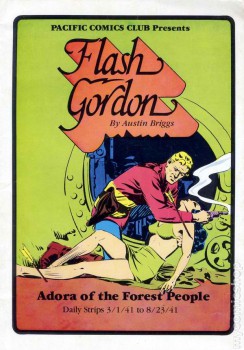
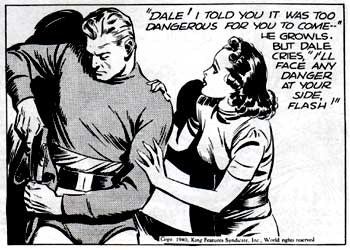 “The Isle of the Elvins” was the ninth installment of Austin Briggs’ daily Flash Gordon comic strip serial for King Features Syndicate. Originally published between April 22, 1943 and March 25, 1944, “The Isle of the Elvins” follows on directly from “The Royal Hunt” with Queen Tigra of Forestia accidentally losing her way back to the capitol and leading Flash and Dale into Lost Lake, where a fabled treasure stolen from Forestia long ago is believed to be buried. The trio finds a rowboat and set out to cross the lake when the boat’s owner overtakes them and capsizes the boat. Flash is overcome by the stranger and nearly drowned and has to be rescued by Dale and Tigra. The stranger takes possession of Flash’s ray gun and takes them captive. He introduces himself as Doron, King of the Elvins who live on an island in Lost Lake. Soon they are joined by the diminutive form of the Elvin General Krom.
“The Isle of the Elvins” was the ninth installment of Austin Briggs’ daily Flash Gordon comic strip serial for King Features Syndicate. Originally published between April 22, 1943 and March 25, 1944, “The Isle of the Elvins” follows on directly from “The Royal Hunt” with Queen Tigra of Forestia accidentally losing her way back to the capitol and leading Flash and Dale into Lost Lake, where a fabled treasure stolen from Forestia long ago is believed to be buried. The trio finds a rowboat and set out to cross the lake when the boat’s owner overtakes them and capsizes the boat. Flash is overcome by the stranger and nearly drowned and has to be rescued by Dale and Tigra. The stranger takes possession of Flash’s ray gun and takes them captive. He introduces himself as Doron, King of the Elvins who live on an island in Lost Lake. Soon they are joined by the diminutive form of the Elvin General Krom.
At long last with the introduction of the Elvins, Austin Briggs steps out of Alex Raymond’s shadow and produces a storyline with characters worthy of the strip, without seeming like pale imitations of what has gone before. Arriving on the island as slaves, they are surrounded by the Elvins, who hop up and down excitedly repeatedly shouting, “More girls!” Clearly, Briggs was enjoying himself with this strip. General Krom takes a shine to Tigra, calling her “curly-top” (one can’t help but think of Shirley Temple’s movie of the previous decade), while the indignant Queen of Forestia dismisses her captor as “monkey-face.” Flash comes to Tigra’s defense, but is quickly overwhelmed by the sheer number of Elvins in a scene that recalls the Lilliputians of Gulliver’s Travels.
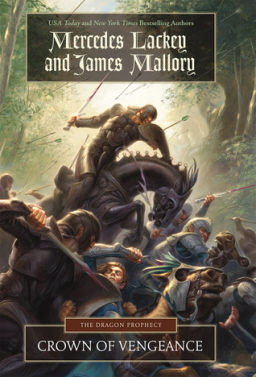
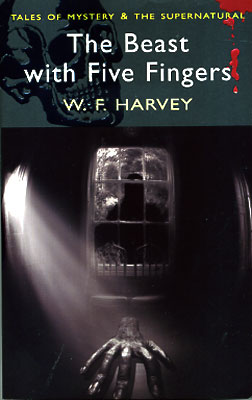

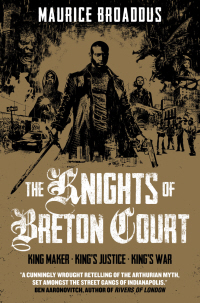
.jpg/150px-Ultimate_X-Men_Fantastic_Four_Annual_Vol_1_1_Page_3_X-Men_(Earth-81122).jpg)

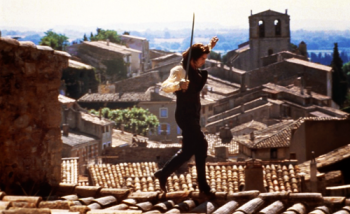 I didn’t know it at the time, but back when I was ten and surfing through horrendous Tarzan movies on rainy Saturday afternoons, The Horseman On the Roof (Le Hussard Sure le Toit, 1995) was the film I was actually hoping to see. Not that I would have understood much of what was going on, but the kinetic energy of it –– the film’s unswerving certainty that these events matter –– would have transported me right out of my seat.
I didn’t know it at the time, but back when I was ten and surfing through horrendous Tarzan movies on rainy Saturday afternoons, The Horseman On the Roof (Le Hussard Sure le Toit, 1995) was the film I was actually hoping to see. Not that I would have understood much of what was going on, but the kinetic energy of it –– the film’s unswerving certainty that these events matter –– would have transported me right out of my seat.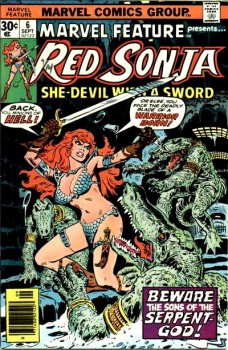

 Once upon a time, I had the crazy idea that if a book was good, it would stay in print. I also figured that a “best-of” volume would probably have all the good stories from an author, and I was actually naive enough to think that if a work by a favorite author was out of print, it probably wasn’t as good as the work that was still on shelves.
Once upon a time, I had the crazy idea that if a book was good, it would stay in print. I also figured that a “best-of” volume would probably have all the good stories from an author, and I was actually naive enough to think that if a work by a favorite author was out of print, it probably wasn’t as good as the work that was still on shelves.